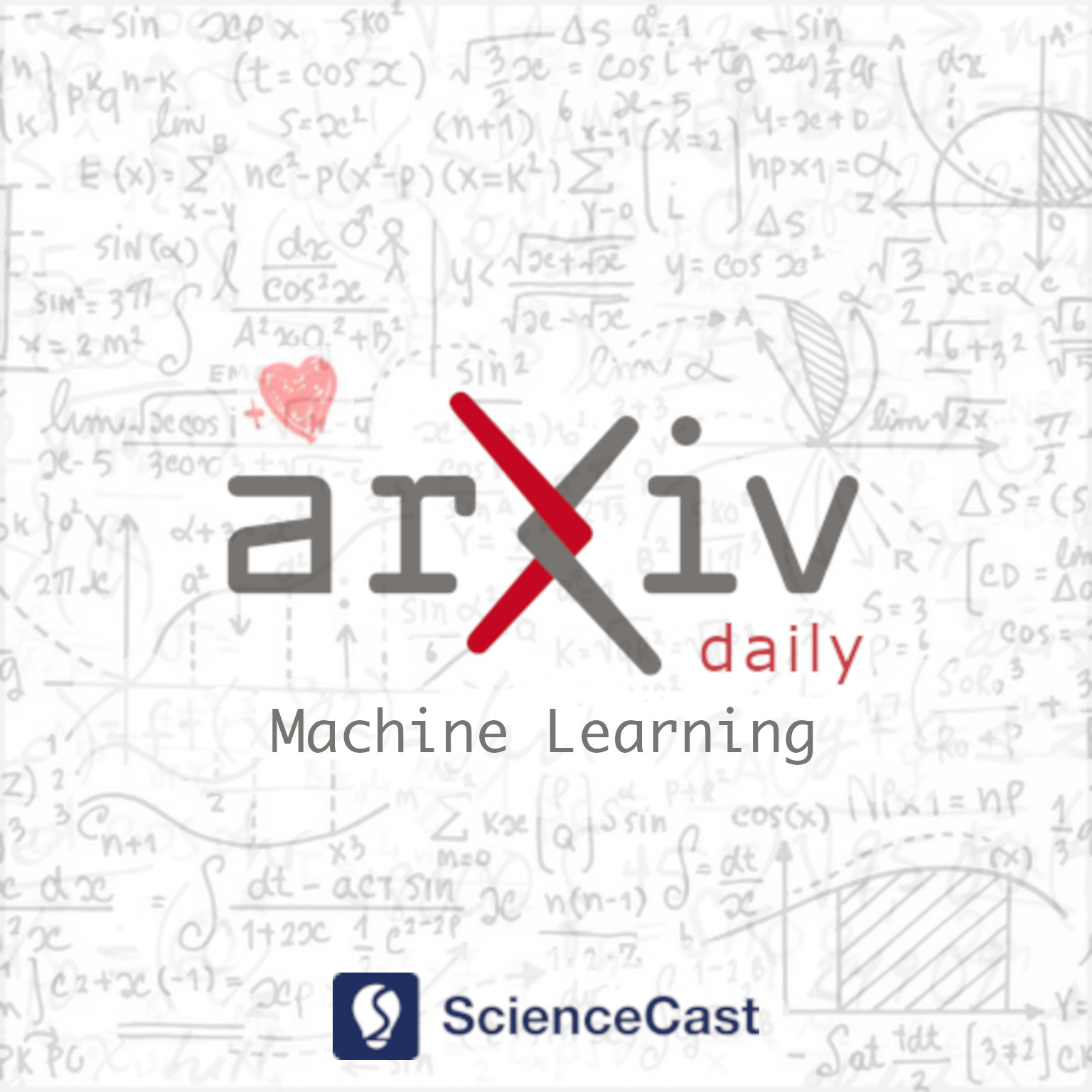
Machine Learning (stat.ML)
Wed, 19 Apr 2023
1.Denoising Cosine Similarity: A Theory-Driven Approach for Efficient Representation Learning
Authors:Takumi Nakagawa, Yutaro Sanada, Hiroki Waida, Yuhui Zhang, Yuichiro Wada, Kōsaku Takanashi, Tomonori Yamada, Takafumi Kanamori
Abstract: Representation learning has been increasing its impact on the research and practice of machine learning, since it enables to learn representations that can apply to various downstream tasks efficiently. However, recent works pay little attention to the fact that real-world datasets used during the stage of representation learning are commonly contaminated by noise, which can degrade the quality of learned representations. This paper tackles the problem to learn robust representations against noise in a raw dataset. To this end, inspired by recent works on denoising and the success of the cosine-similarity-based objective functions in representation learning, we propose the denoising Cosine-Similarity (dCS) loss. The dCS loss is a modified cosine-similarity loss and incorporates a denoising property, which is supported by both our theoretical and empirical findings. To make the dCS loss implementable, we also construct the estimators of the dCS loss with statistical guarantees. Finally, we empirically show the efficiency of the dCS loss over the baseline objective functions in vision and speech domains.
2.Generative Modeling of Time-Dependent Densities via Optimal Transport and Projection Pursuit
Authors:Jonah Botvinick-Greenhouse, Yunan Yang, Romit Maulik
Abstract: Motivated by the computational difficulties incurred by popular deep learning algorithms for the generative modeling of temporal densities, we propose a cheap alternative which requires minimal hyperparameter tuning and scales favorably to high dimensional problems. In particular, we use a projection-based optimal transport solver [Meng et al., 2019] to join successive samples and subsequently use transport splines [Chewi et al., 2020] to interpolate the evolving density. When the sampling frequency is sufficiently high, the optimal maps are close to the identity and are thus computationally efficient to compute. Moreover, the training process is highly parallelizable as all optimal maps are independent and can thus be learned simultaneously. Finally, the approach is based solely on numerical linear algebra rather than minimizing a nonconvex objective function, allowing us to easily analyze and control the algorithm. We present several numerical experiments on both synthetic and real-world datasets to demonstrate the efficiency of our method. In particular, these experiments show that the proposed approach is highly competitive compared with state-of-the-art normalizing flows conditioned on time across a wide range of dimensionalities.